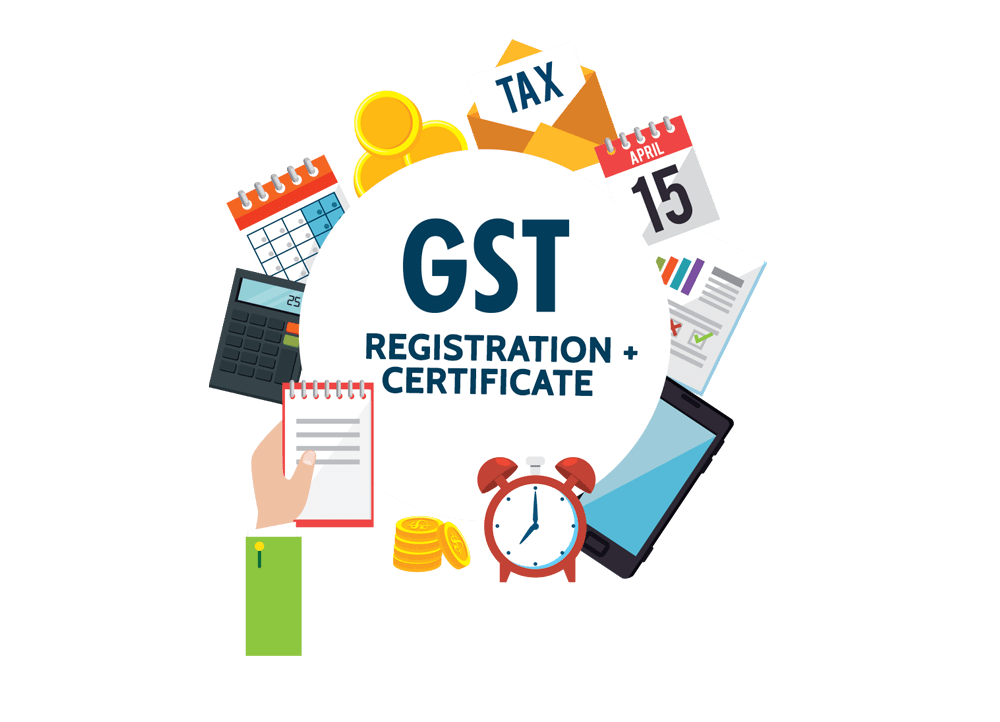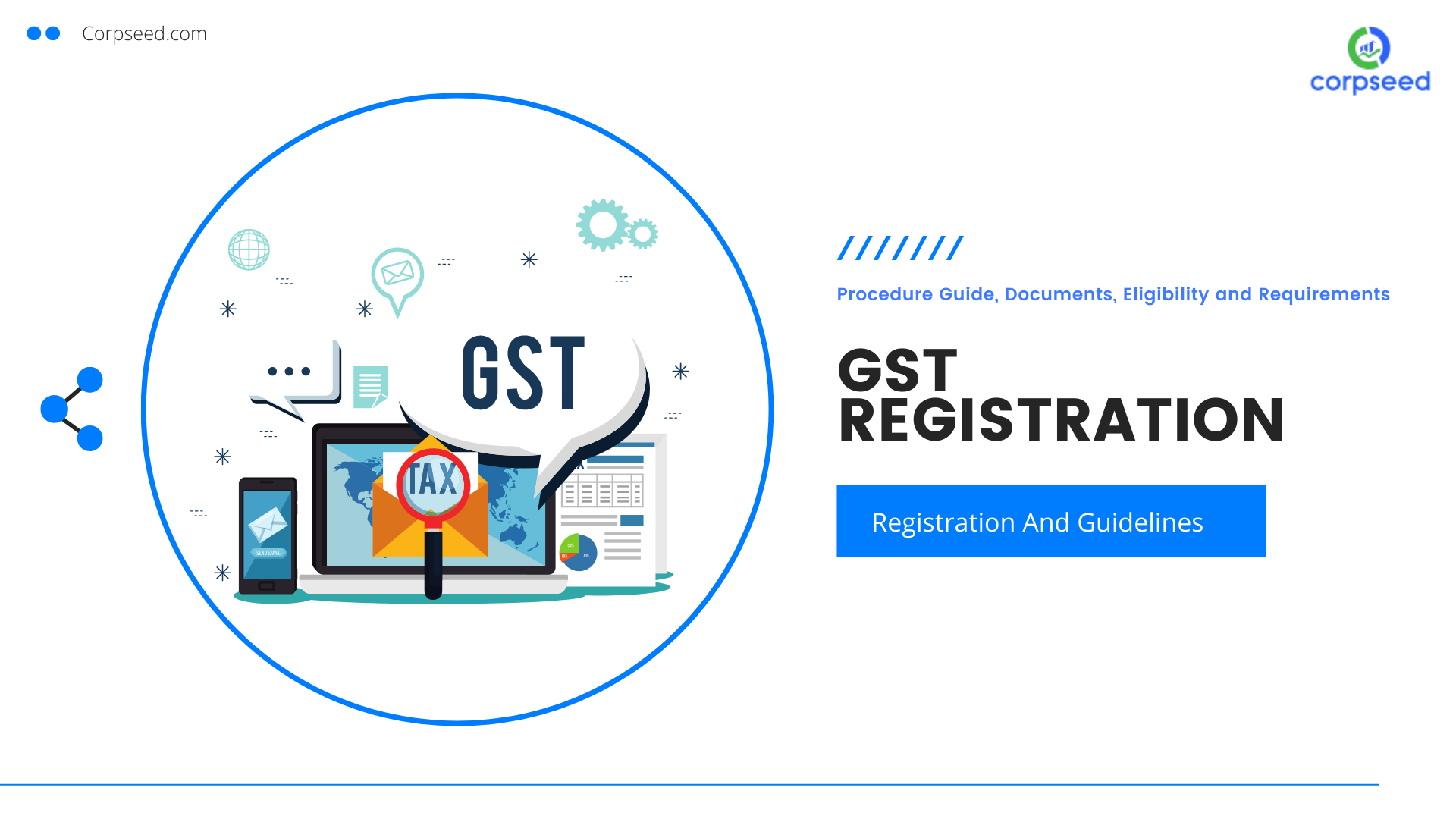Step-by-Step Refine for Singapore GST Registration Explained
Step-by-Step Refine for Singapore GST Registration Explained
Blog Article
The Ultimate Overview to Simplifying the GST Enrollment Refine and Demands for Small Company Owners

Recognizing GST Basics
To grasp the fundamentals of the Goods and Solutions Tax (GST) system, small company proprietors should first comprehend its underlying ramifications and concepts. GST is a value-added tax obligation imposed on most items and services for residential intake. It intends to streamline the taxation process by replacing multiple indirect taxes enforced by the state and central governments. Under the GST program, services are called for to sign up and collect tax in behalf of the government, guaranteeing transparency and compliance.
Among the crucial principles of GST is input tax credit scores, which enables businesses to declare credit scores for tax obligations paid on their acquisitions. This mechanism stops the cascading result of taxes and advertises effectiveness in the tax obligation system. Furthermore, GST is a destination-based tax obligation, suggesting that the tax is levied at the point of consumption as opposed to the factor of origin. This makes sure reasonable distribution of tax earnings among states based on where the solutions or goods are consumed. Comprehending these standard principles is important for small company owners to navigate the complexities of the GST system and make sure conformity with the law.
Eligibility Criteria for Registration
Having established a foundational understanding of GST principles, small company proprietors have to currently fulfill details qualification criteria to proceed with the registration process. In India, entities took part in the supply of products or services with an annual aggregate turn over going beyond Rs. 40 lakhs (Rs. 10 lakhs for unique classification states) are required to register for GST. Additionally, certain businesses such as those associated with inter-state supply of items, informal taxable persons, and those required to pay tax obligation under the reverse cost device need to register for GST irrespective of their turnover. Organizations that were signed up under the previous tax regime look at here now (BARREL, solution tax, etc) are additionally mandated to register under GST. Agricultural companies that just provide create out of main production are excluded from GST registration. It is essential for company owner to thoroughly assess their eligibility based on these standards to make certain compliance with the regulation and prevent any kind of penalties for non-compliance.
Records Required for GST Registration

Simplified Enrollment Refine Steps
Following the collection and confirmation of the requisite records, the registration process for GST can be browsed through a series of streamlined actions designed to help with effective conformity for tiny business owners. Upon successful confirmation, an Application Referral Number (ARN) is provided, showing the completion of the GST enrollment process. By adhering to these simplified actions, tiny service owners can properly sign up for GST and make sure conformity with tax policies.
Tips for Ensuring Compliance
To preserve regulative adherence and functional honesty, attentive oversight and aggressive measures are pivotal in guaranteeing compliance with GST requirements for small company proprietors. Little company owners need to remain upgraded with GST policies, filing due dates, and any type of modifications in tax prices to prevent fines and preserve an Read Full Report excellent standing with tax obligation authorities. Attending GST understanding workshops or training programs can improve understanding and compliance with GST policies, ultimately benefiting the organization in the lengthy run.
Final Thought
To conclude, little company owners have to recognize the fundamentals of GST, satisfy the eligibility standards, collect required documents, and adhere to visit this page the streamlined registration process actions to make sure conformity. By simplifying the GST enrollment procedure and requirements, local business owners can avoid fines and operate their businesses efficiently within the legal structure - Singapore GST Registration. It is critical for local business proprietors to stay compliant and educated with GST policies to keep a successful organization operation
Tiny service owners looking for GST registration need to ensure they collect and submit the needed documents to finish the registration procedure efficiently. The papers required for GST registration typically consist of evidence of company enrollment or incorporation, FRYING PAN (Permanent Account Number) card of the service entity, address and identity evidence of the promoters/partners/directors, pictures, address proof of the location of business, bank account declarations or terminated cheques, and permission kinds. Attending GST understanding workshops or training programs can boost understanding and compliance with GST laws, ultimately benefiting the organization in the long run.
By simplifying the GST enrollment procedure and requirements, little business owners can prevent fines and operate their services efficiently within the legal structure. It is crucial for little business proprietors to remain compliant and educated with GST regulations to maintain a successful company procedure.
Report this page